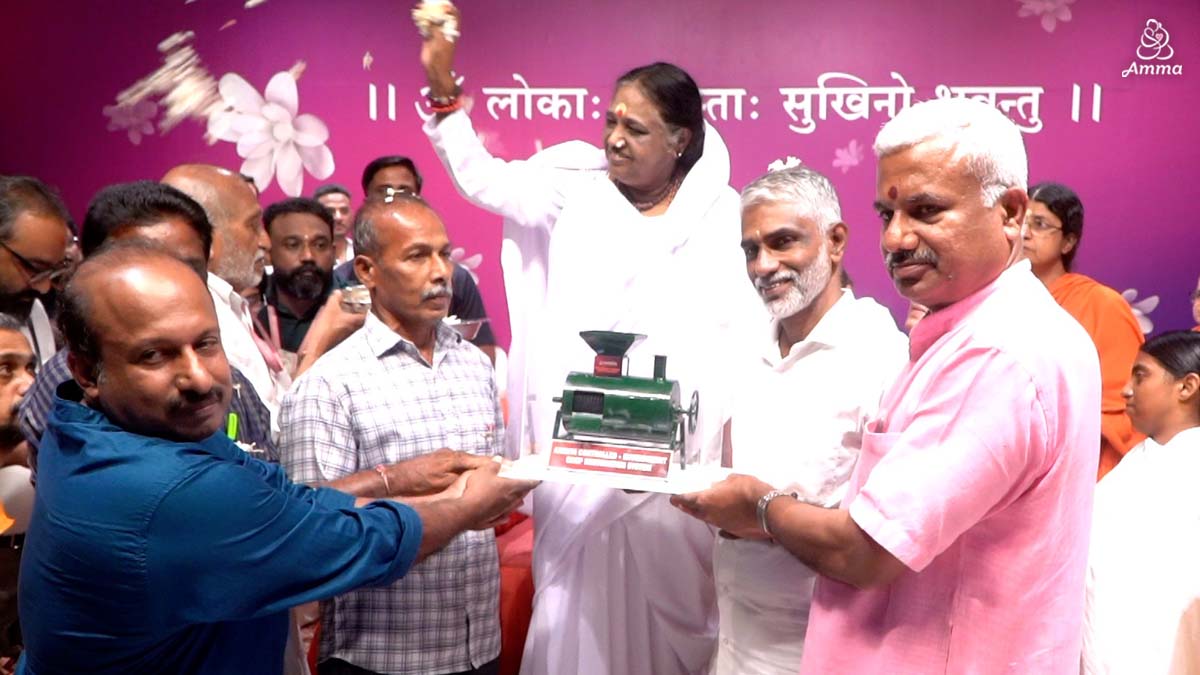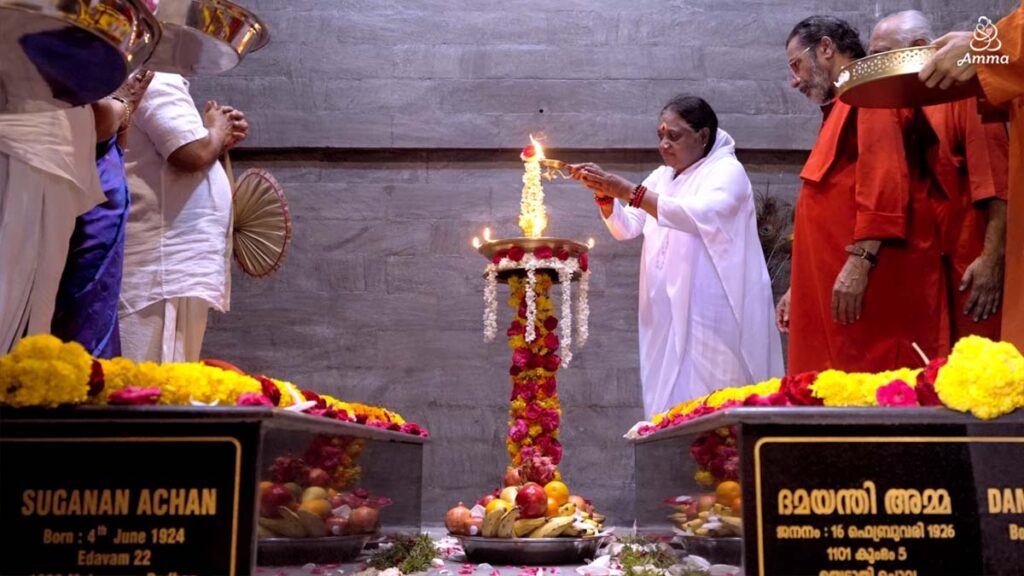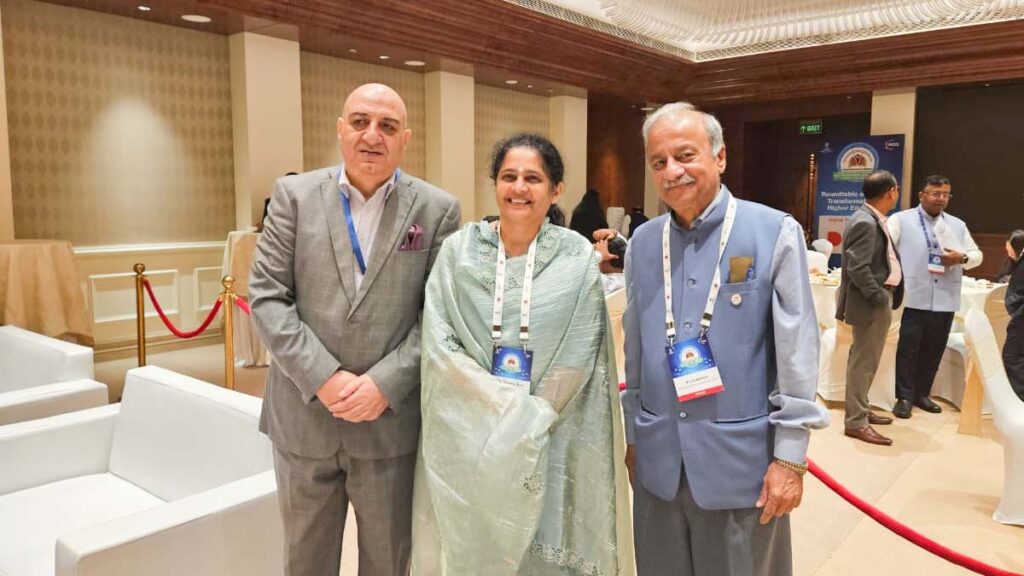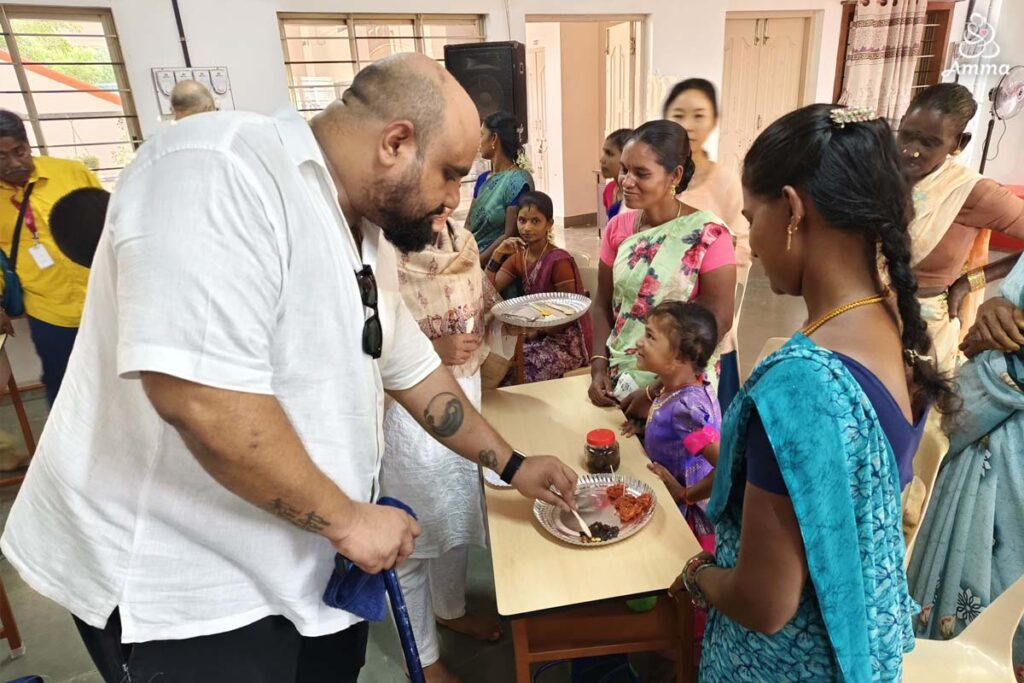The innovation offers relief as climate change increases rainfall, alongside helping to preserve indigenous rice crops.
In a major step to assist paddy farmers struggling with unpredictable climate and prolonged monsoons, Amrita University has developed an innovative crop dehydration system through its research and innovation division, Amrita Technology Enabling Centre (Amrita TEC).
India, the world’s second-largest producer of rice, faces significant crop losses each year due to excessive rainfall during harvest season. In Kerala, where the monsoon lasts for nearly six months, farmers have long struggled to dry paddy properly, leading to spoilage and mold from residual moisture.
The Amrita Controlled-Environment Crop Dehydration System provides an efficient solution to this persistent problem. It can dry up to 400 kilograms of paddy at a time, ensuring consistency in temperature and quality, which then preserves nutritional value, aroma, and medicinal properties.
The process can happen effectively in just four hours, significantly improving grain quality and market returns, unlike traditional sun drying, which takes up to two days of intense labor on sunny days and is nearly impossible during the monsoon.
The system’s development was led by Dr. Krishnasree Achuthan, Dean of Postgraduate Programs and Online Programs. She explained the technology aims to revive Kerala’s traditional paddy farmers by protecting local rice varieties such as Navara, Jeerakasala, Gandhakasala, Rakthashali, Pokkali, Chomala, Thavalakkannan, Kunnadan, and Kuthari.
“This innovation will help farmers preserve the quality of indigenous crops and secure fair value for every grain of rice they produce,” she said.
Farmers who participated in the pilot trials spoke about the transformation it has brought. “This isn’t just a drying machine for us,” said a representative from Puthenchira.
“By focusing on farmer welfare and climate resilience, the project has become more than technology—it’s a movement that’s bringing back our confidence.”
Supported by the Department of Science and Technology (DST), Govt of India, the project empowers farming communities to achieve better income stability. It has already attracted interest from agricultural cooperatives and farmer-producer organizations to initiate technology transfer and establish shared facilities for local processors.
Developed as part of Amma’s vision to blend technology with compassion, the system represents a significant contribution toward sustainable agriculture and rural resilience in Kerala.





